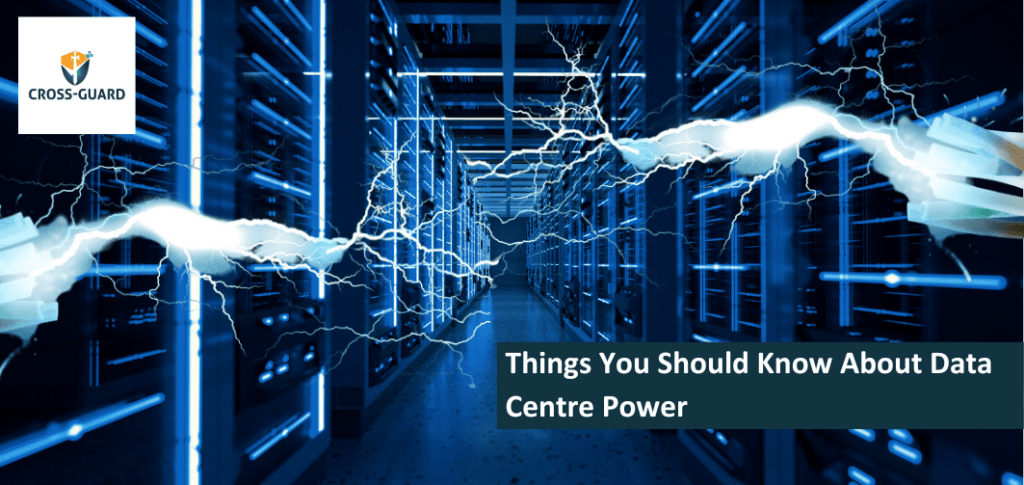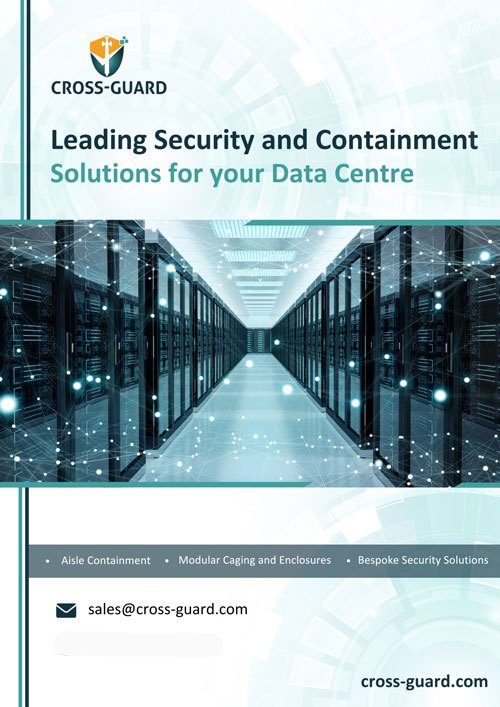Things You Should Know About Data Centre Power

When choosing a data centre or colocation provider, it’s important to consider factors such as location, security, and support. When evaluating data centres, power is a crucial and often overlooked criterion. Power is crucial for data centres to function properly and support their customer’s systems. Without power, business would come to a standstill therefore organizing your systems’ energy usage should be a priority.
Power is the key element that brings a data centre to life and keeps your IT infrastructure operational even during disruption and is the most important factor in calculating costs for colocation services. Facilities managers must ensure that critical equipment in the data centre always receives clean, uninterrupted electricity, without exceeding monthly energy budgets.
Data Centre Power Infrastructure
The main source of power for Data Centres is the municipal electric grid. Transformers are used to regulate the voltage and convert the current from AC to DC before using it. More Data Centres are also switching to on-site electrical generation equipment like generators, solar panels, and wind turbines to create renewable energy to supplement power from the power grid.
Data Centre Power Types
There are 2 main types of power circuits that can power your servers, switches, routers and other IT equipment: Alternating Current (AC) and Direct Current (DC).
Alternating Current (AC) Power Circuits
Colocation customers often use AC power circuits for enterprise rack-mounted servers and storage devices due to the ability of AC to change the polarity or direction of voltage or current over time.
Direct Current (DC) Power Circuits
Thomas Edison advocated using Direct Current (DC) power circuits during the electricity war. DC power flows in one direction, unlike AC power which switches direction. When you use batteries for your laptop or phone, you are utilizing Direct Current (DC) power. DC power circuits are also commonly found in data centres, particularly in Uninterruptible Power Supply (UPS) systems. A UPS system enables the switching of power sources from the utility power grid to diesel generators during power outages.
How To Prevent Power System Failure in Data Centres?
To prevent power system failure in data centres, it is crucial to have a clear understanding of the power requirements of the IT equipment, cooling system, and lighting. As high-power devices become more prevalent, the average power consumption is increasing, which means managers need to provide more power capacity to the IT equipment rack.
Performing daily physical inspections on power and IT equipment is a necessary process to ensure that all systems are in excellent working condition. Regular maintenance of UPS and batteries is essential to minimize the possibility of power outage problems.
Maintaining a robust power system in your data centre is crucial to ensuring smooth business operations. Implementing the measures mentioned above can help control many of the power problems that can occur in data centres.
SHARE
DOWNLOAD A COPY OF OUR BROCHURE

GET A QUOTE
Get a Quote Form
"*" indicates required fields
